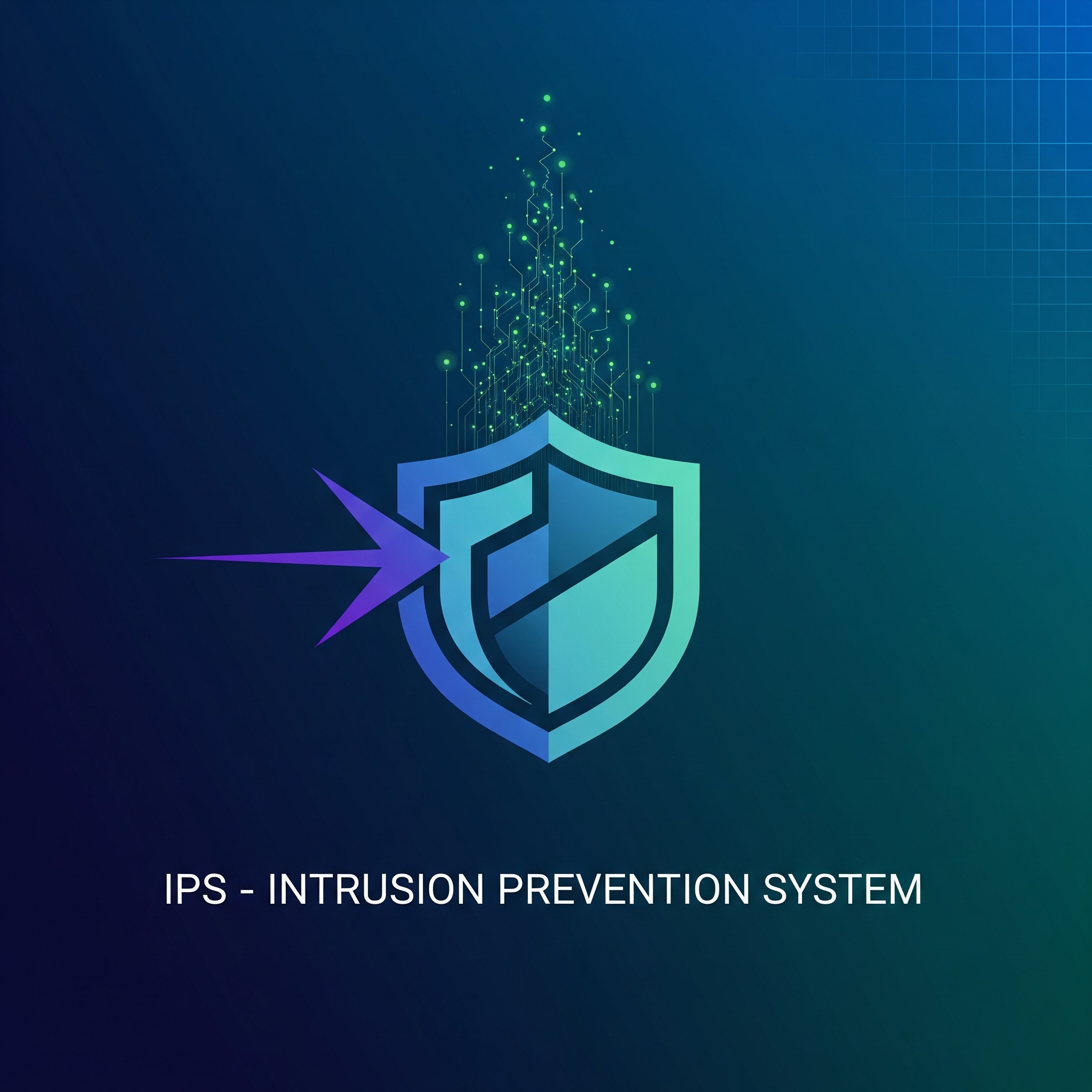An Intrusion Prevention System (IPS) is a proactive network security technology designed to monitor, detect, and block malicious activities in real time. Unlike traditional firewalls, an IPS not only filters traffic but actively analyzes and stops threats before they impact systems.
How It Works
• Continuous Network Traffic Monitoring: Inspects both inbound and outbound data for malicious behavior.
• Signature-Based Detection: Identifies and blocks traffic matching known attack patterns (e.g., SQLi, XSS).
• Anomaly-Based Detection: Detects deviations from normal behavior, providing protection against zero-day threats.
• Automated Response: Takes action such as dropping malicious packets, blocking attacker IPs, and sending alerts.
Deployment & Integration
IPS systems are often integrated with firewalls, UTM appliances, SIEM platforms, or cloud-based security frameworks. They provide end-to-end security across network boundaries and within internal segments.
Business Benefits
• Blocks Advanced Persistent Threats (APT) before exploitation.
• Prevents data breaches and service disruptions.
• Supports compliance with security standards like ISO 27001 and PCI-DSS.
• Enhances network visibility and contributes to forensic investigations.
An IPS solution is a foundational defense mechanism for any organization aiming to protect its critical infrastructure from evolving cyber threats. At Secure Future, we deliver tailored and scalable IPS solutions to reinforce enterprise network security.












